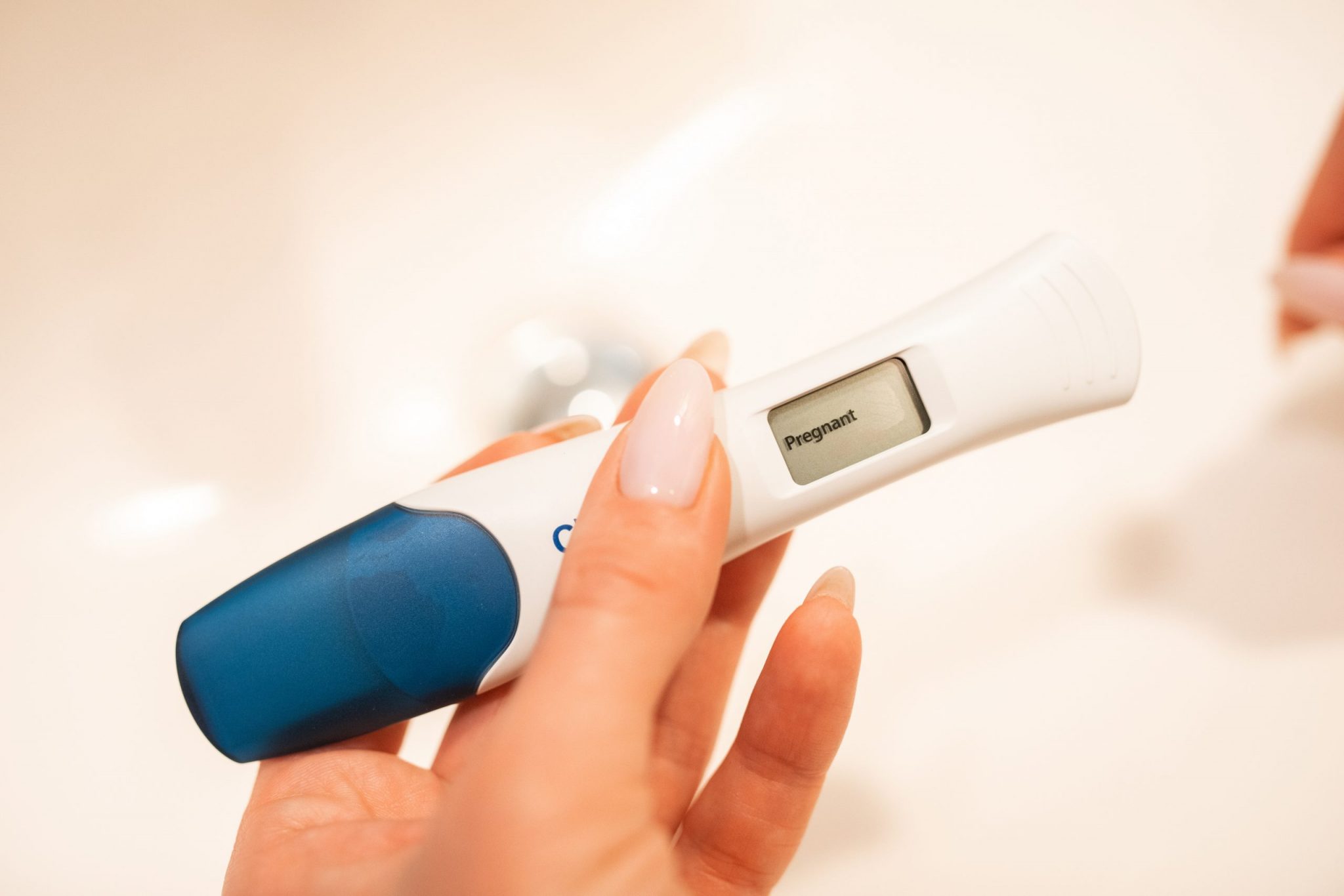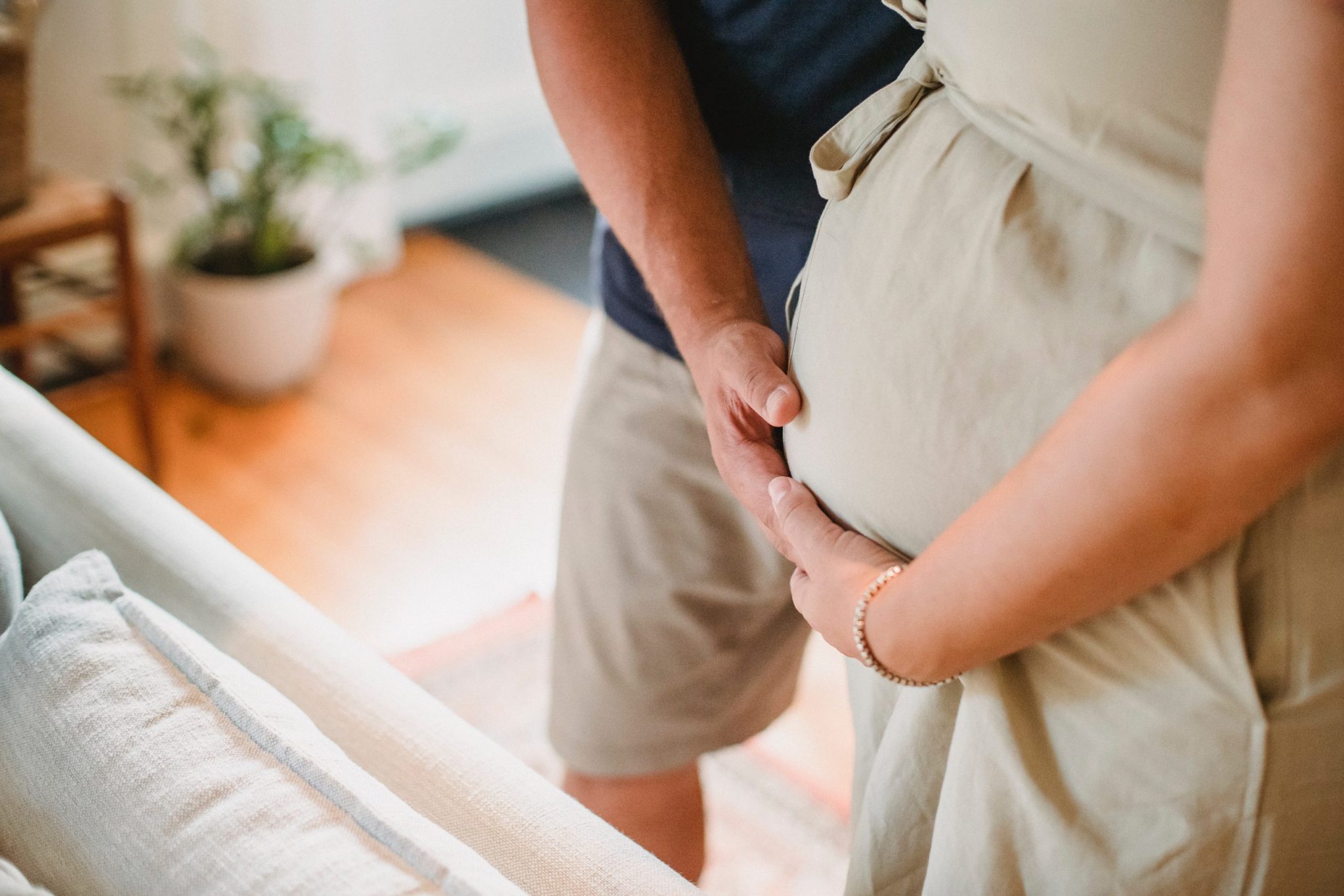
The role of a GP during pregnancy is not just about providing care for the several months of pregnancy, it’s about the commitment and continuity of care through the years and decades of your family’s health. Read on for how your GP can help when planning for a baby.
GPs bring a very broad skill base and referral networks with them when they are involved in maternity care, which involves pre-conception, antenatal, postnatal and neonatal aspects of care.
Planning for a baby
Having a baby is a very exciting time!
If you are preparing for pregnancy, it is a good idea to speak with your GP first. There are many things you can do to improve your health and minimise the risk to your baby, all before conceiving.
Your GP will provide you with expert advice on planning your pregnancy – they understand the medical issues, mental health concerns, have a well connected referral network and are used to working as a team in order to get you the best care possible.
The preconception period (3 months before pregnancy) is the time to make life changes that you and your partner can help boost fertility, reduce problems during pregnancy and assist in recovery after birth.
Preconception Check Up
During your appointment with your GP, you may ask them about:
Immunisations
You may require boosters, even if you were full immunised as a child. All women should have up to date immunisations against Rubella (German measles) with the MMR vaccine. This will need to be done at least one month prior to conceiving. Once you are already pregnant (of if you suspect you may be) you cannot be immunised against Rubellas because it is a “live vaccine” and poses a serious risk to your baby’s health
Other immunisations you may need before falling pregnant:
- Hepatits B
- Chickenpox
- Influenza
Ones that can be administered during pregnancy:
- DTPa (tetanus, diphtheria, pertussis)
If you are unsure about your immunisation status, ask you GP for a blood screening test.
For more information on pre pregnancy immunisations click here
Questions to ask your GP
Take this opportunity to maximise your overall wellbeing, and identify and minimise any risks. You may also ask your GP about:
- Testing for STIs
- A cervical screening test
- A blood test to check your iron, vitamin D levels, and Rh factor to see if you are positive or negative
- A urine test to screen for UTIs and kidney disease
- Current medications
- Preexisting conditions such as asthma, heart problems, diabetes, epilepsy, blood disorders
- Mental health including depression
- Any genetic disorders in the family
- A pelvic, breast, and abdominal exam
- A weight check: if you are overweight or underweight, you may have irregular periods, which make it harder to conceive. Your GP can help you set some goals to reach a conception-ready weight that will help to support a healthy pregnancy.
 Top 10 pre-pregnancy questions
Top 10 pre-pregnancy questions
When planning for a baby your GP can help with the answers, but it is a great opportunity to go into your appointment armed with a list of questions or concerns that you would like to discuss with your GP.
Here are 10 common questions to get you started (in no particular order):
- Should I take a prenatal vitamin?
- Am I up to date with my immunisations?
- Are my current medications safe to take during pregnancy?
- Am I in a healthy weight range for pregnancy?
- What foods should I avoid?
- Can I still exercise? What exercise is safe?
- Is my family history of ‘x’ a concern?
- I have ‘x’ health condition, how might pregnancy affect it?
- What is the process of picking a hospital and the schedule of scans and hospital appointments like?
- Are there any other questions I need to ask?
Antenatal care – Your GPs role in pregnancy
Shared maternity care is a popular option of care for healthy women with a low risk pregnancy.
Shared cared means that during your pregnancy, you can see the same GP for most of your pregnancy visits with some visits at the hospital.
Dr Imasha Perera offers shared maternity care at HealthMint Cranbourne. You can find out more by contacting our Cranbourne clinic here
 Postnatal care – Your GPs role after birth
Postnatal care – Your GPs role after birth
GPs are in a wonderful position to provide care after your baby arrives – for you and the entire family.
It is recommended that you, and your baby see your GP when your baby is between five and 10 days old, and again at 6 weeks old. These are routine check ups and of course, you should always seek medical advice immediately if you or your baby are unwell.
Your GP will work in collaboration with other healthcare providers such as your maternal and child health nurse, midwives, lactation consultations, paediatricians and obstetricians in order to optimise the care and outcomes for families.
Your GP can build on and manage the relationship with you and your baby during post party and manage common neonatal concern, as well as medical and mental health problems of the mother and other family members, should they arise.
Medical conditions that may have developed during pregnancy such as hypertension, diabetes and anaemia can also be managed by your GP. Preventative and lifestyle recommendations can also be established.


 Top 10 pre-pregnancy questions
Top 10 pre-pregnancy questions Postnatal care – Your GPs role after birth
Postnatal care – Your GPs role after birth